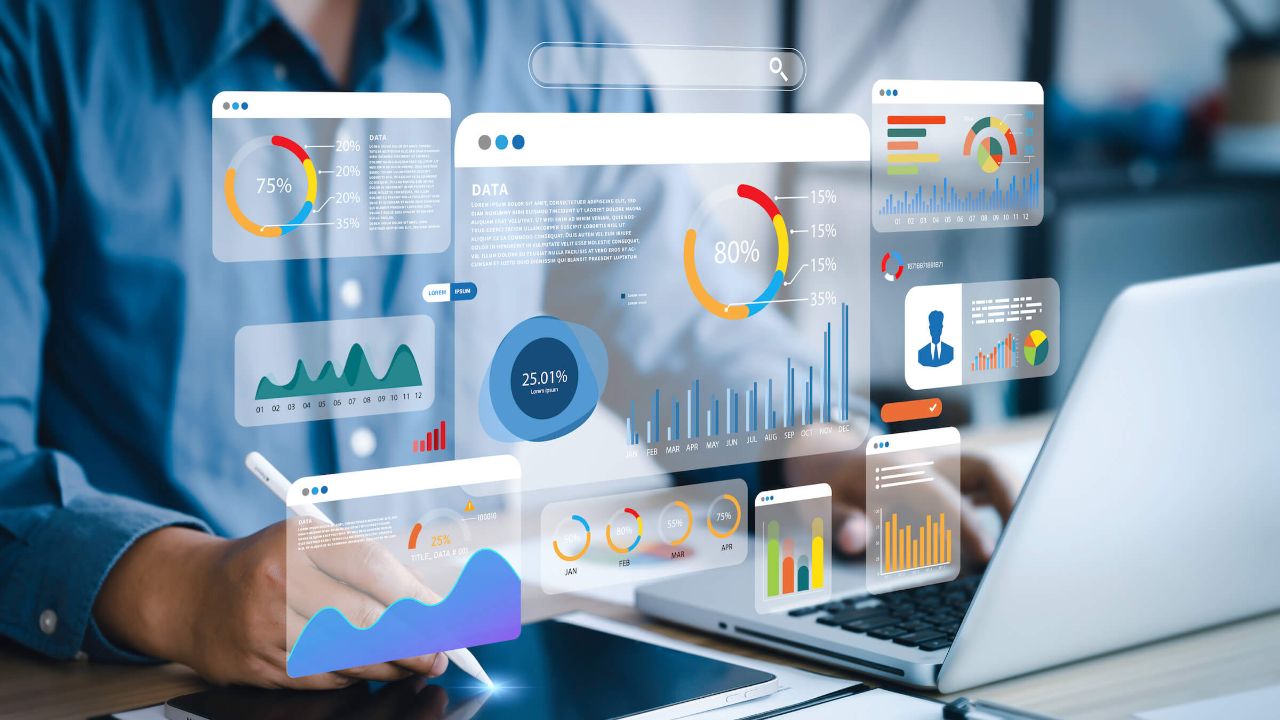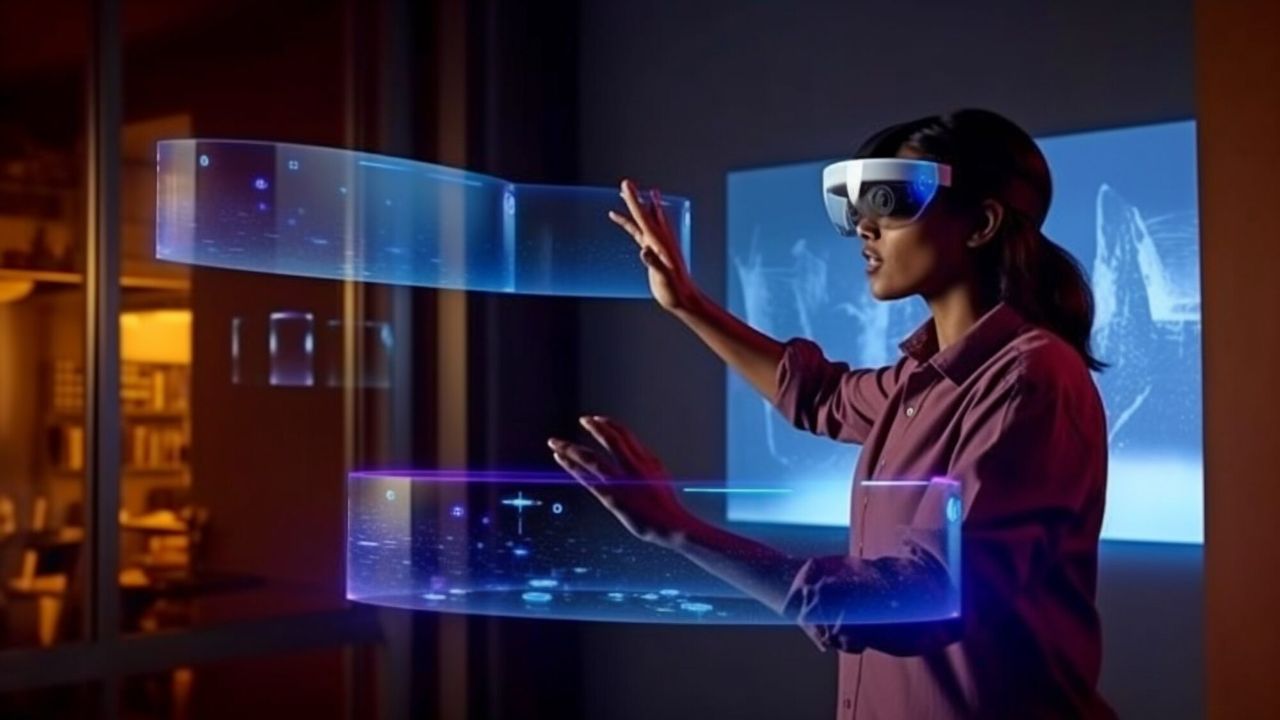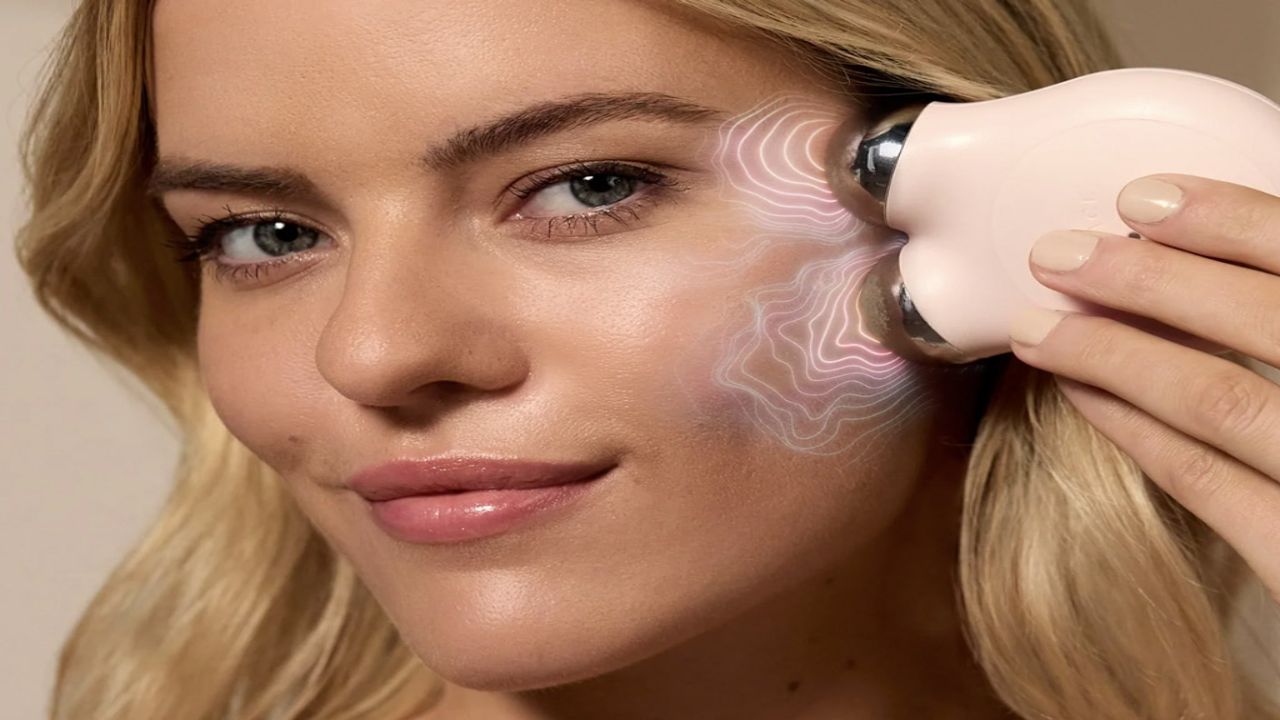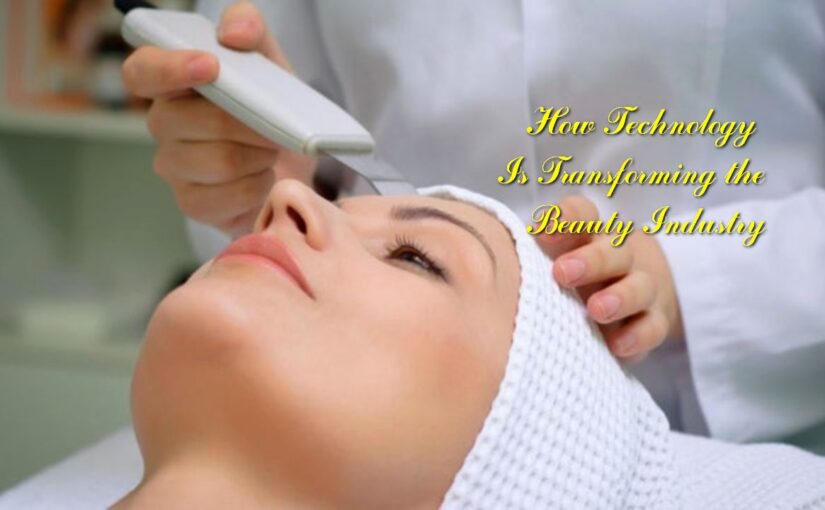The beauty industry, once dominated by traditional practices, is undergoing a significant transformation, thanks to the advent of technology. From AI-powered skincare recommendations to virtual try-on apps, technology is reshaping the way we explore, experience, and engage with beauty products and services. This article will delve into seven key ways technology is revolutionizing the beauty industry.
Personalization Through AI and Data Analytics

One of the most significant impacts of technology on the beauty industry is the rise of personalization. Brands are leveraging Artificial Intelligence (AI) and data analytics to offer personalized product recommendations based on individual skin types, concerns, and preferences. This level of personalization enhances the customer experience, making beauty routines more effective and enjoyable.
Moreover, data analytics allows brands to gain insights into consumer behavior and trends, enabling them to create products that cater to evolving consumer needs. This data-driven approach is transforming the way beauty products are developed and marketed.
Virtual Try-Ons and Augmented Reality
Virtual try-on features and Augmented Reality (AR) technologies are changing the way consumers shop for beauty products. For instance, in Singapore dark eye circle removal, you can see what the result will be.
Technologies allow consumers to virtually ‘try on’ makeup or hairstyles in real-time using their smartphone cameras. This not only enhances the online shopping experience but also reduces the uncertainty associated with buying beauty products online.

Brands are increasingly incorporating AR into their mobile apps and websites, making virtual try-ons a standard feature of the online beauty shopping experience. This technology-driven approach is bridging the gap between online and in-store shopping, making beauty more accessible to consumers everywhere.
Online Platforms and Social Media
The rise of online platforms and social media has significantly influenced the beauty industry. Brands are using these platforms to showcase their products, share beauty tutorials, and engage with their audience. Influencers and beauty bloggers play a crucial role in this digital beauty landscape, shaping consumer trends and preferences.
Moreover, social media platforms are becoming shopping destinations themselves, with features like shoppable posts and in-app checkout. This seamless integration of social media and e-commerce is reshaping the beauty retail landscape, making it more dynamic and interconnected.
Smart Beauty Devices
Technology has also paved the way for smart beauty devices, such as skin-analyzing tools, LED light therapy devices, and ultrasonic skincare devices. These devices use advanced technologies to deliver salon-like treatments at home, making beauty routines more efficient and effective.
Smart beauty devices often come with mobile apps, providing users with personalized skincare advice and treatment plans. These devices represent the intersection of beauty and technology, offering a new approach to skincare that is driven by innovation and personalization.
Sustainable Practices Through Technology
Technology is also enabling the beauty industry to become more sustainable. Brands are using technology to develop eco-friendly manufacturing processes, reduce packaging waste, and create products that are kinder to the environment. For instance, some brands are using 3D printing to create packaging prototypes, reducing waste in the design process.

Moreover, digital tools are being used to track and reduce the environmental footprint of beauty products. This focus on sustainability is not only good for the planet but also resonates with eco-conscious consumers, making it a win-win for the industry and the environment.
Telebeauty and Virtual Consultations
The concept of telebeauty, where beauty consultations and services are offered virtually, has gained traction in recent years. Brands and beauty professionals are offering virtual consultations, allowing consumers to receive personalized beauty advice from the comfort of their homes.
Video conferencing technologies and digital communication tools make this shift toward virtual beauty services possible. It represents a new era in the beauty industry, where technology enables beauty to be more accessible and convenient.
Technology is undeniably transforming the beauty industry, driving innovation, personalization, and convenience. As brands continue to embrace technology, consumers can look forward to a more engaging, personalized, and seamless beauty experience. The future of beauty is undoubtedly tech-driven, and it’s an exciting time to be a part of this transformative journey.

